
Improving lifetime performance of animals
We aim to improve the lifetime performance of farm animals by supporting animal health and welfare at every stage of the lifecycle.
One year ago, we launched our groundbreaking We Make it Possible initiative with the aim of enabling a robust and achievable transformation in animal protein production. This unique commitment provides a blueprint for helping to sustainably feed a global population that is projected to reach 9.7 billion by the year 2050.
Closely aligned to the UN Sustainable Development Goals (SDGs), We Make it Possible foresees a worldwide transformation in sustainable animal protein production by means of tangible, actionable and measurable solutions that address the biggest challenges facing our industry today. It is a new way of looking at our world, in partnership with all our stakeholders across the globe.
We all have a part to play in ensuring that our food supply is more nutritious, more sustainable and more efficiently produced than in the past. New developments in animal nutrition are among the options that can help the food supply chain do its part to mitigate the risks of unchecked climate change such as greenhouse gas (GHG) emissions. From novel, precision technologies to nutritional programs, a substantial difference can be made to the sustainability of the animal protein industry.
“For too long, sustainability has been someone else’s problem, a problem for tomorrow,” explains Ivo Lansbergen, President, dsm-firmenich Animal Nutrition and Health. “But it is not an impossible challenge. At dsm-firmenich, we believe we can make animal farming sustainable. The essential is to provide a decent living for farmers and affordable proteins to the world population, while at the same time reducing the footprint of animal farming.”
“Meeting the rising demand for nutritious, affordable animal protein while remaining within planetary boundaries is crucial,” emphasizes David Nickell, VP Sustainability and Business Solutions at dsm-firmenich. “Our science-based nutrition solutions enable the industry to produce more animal protein with greater efficiency, while at the same time reducing the impact on the environment"

We aim to improve the lifetime performance of farm animals by supporting animal health and welfare at every stage of the lifecycle.
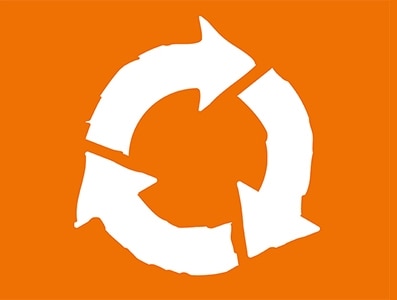
We use micronutrition to improve the quality of meat, milk, fish, and eggs in order to reduce food loss and waste.
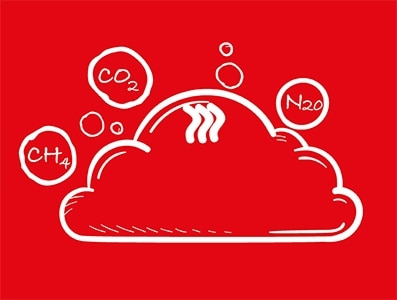
We find ways to reduce greenhouse gas emissions from livestock, making farms more productive and helping to build a sustainable future for animal nutrition and health.
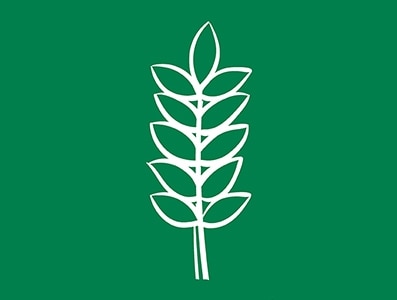
We develop sustainable solutions that enable animals to extract more nutrients from their feed.
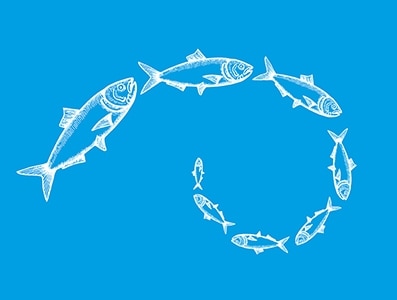
We cultivate marine algae that naturally produce omega-3 EPA and DHA to reduce reliance on wild fish stocks.
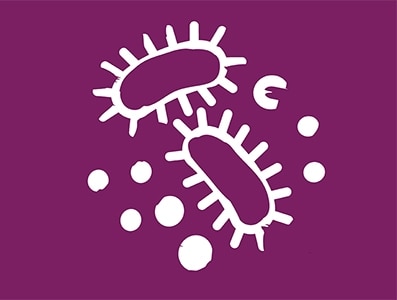
We develop novel nutritional solutions that increase the resilience of animals to stress and pathogens, thereby limiting antibiotic use.
Our six Sustainability Platforms offer concrete and measurable solutions that are closely linked to our products: they are approaches that cut environmental impact at the same time as boosting margins for hard-pressed producers. During the past 12 months, we have furthered our commitment to making the industry more sustainable with the following launches:
We are making it possible to bring about fundamental changes that will enable a genuinely sustainable animal protein industry. But we cannot do this alone. The involvement of the entire value chain in every section of the animal production industry is vital. We would like to thank all our customers, suppliers and other business partners who have helped to make the past year so pivotal for our industry as a whole. We look forward to partnering with you in the year to come as we continue to work on innovations that will positively transform the animal nutrition and health industry worldwide, creating brighter lives for all.
We’re so convinced of the value of doing well by doing good that our strategy is aligned with the Sustainable Development Goals (SDGs) outlined by the United Nations in 2015. We’re contributing to all 17 SDGS, but we strive to deliver on five in particular: